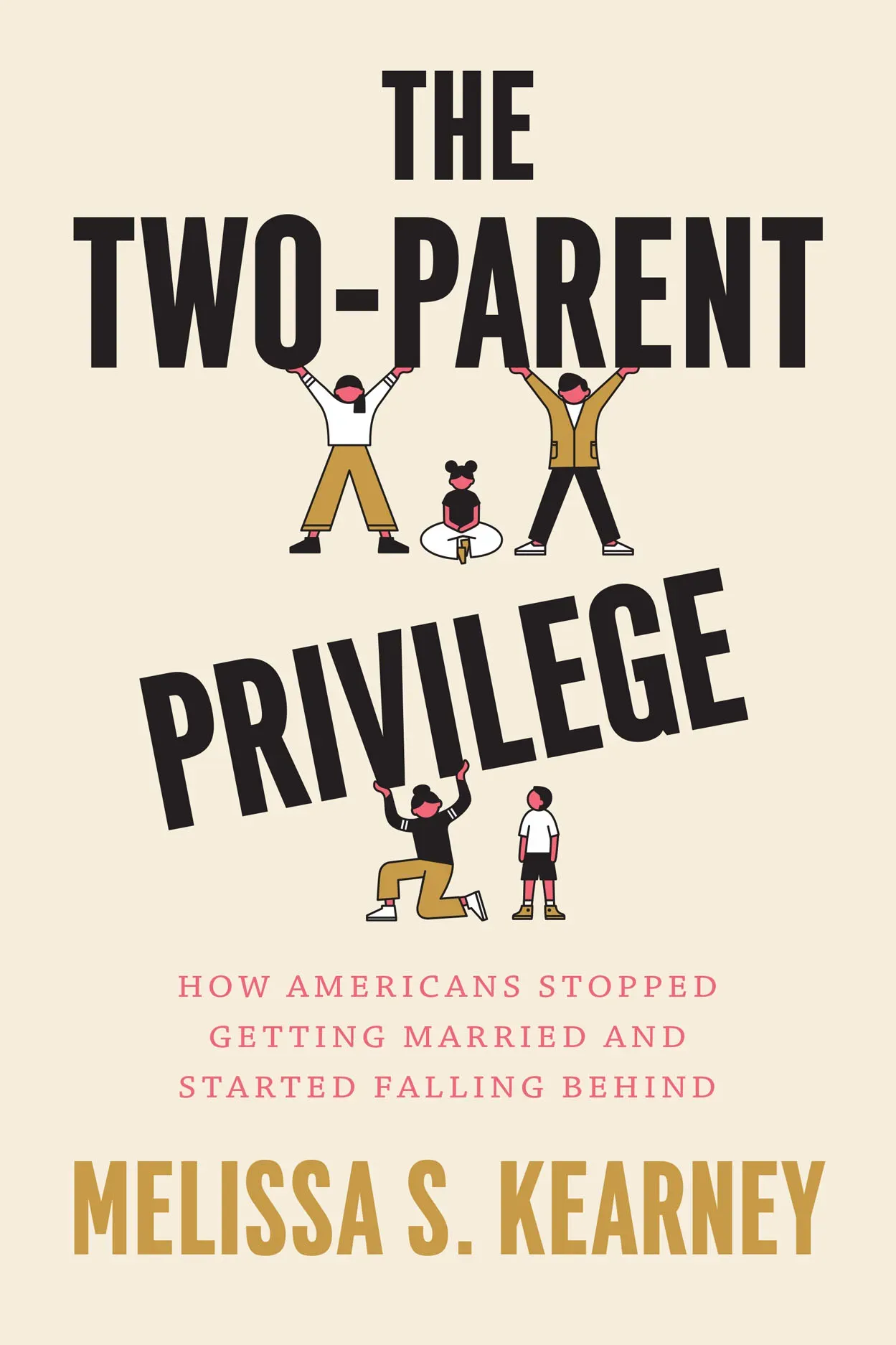Table of Contents
Alex Penk
One mullet has always stuck in my mind. It belonged to a classmate who we’ll call Dwayne (not his real name, which was as typically Westie as this pseudonym). Dwayne had shaven temples, a bristling crown, and lank locks straggling down to his shoulders. Until recently, I thought such aberrations were confined to the era of my adolescence. Then I saw the league players. I’m a big NRL fan, and in the very specific sub-culture of the Telstra Premiership some quite particular fashions come and go—bizarre try celebrations, some of the most regrettable tattoos you’ll ever see and, lately, mullets. Perhaps the one mullet to rule them all belongs to Melbourne fullback Ryan Papenhuyzen which, when I first saw it, immediately reminded me of Dwayne and those long-ago days of 1991. As someone once said, there is nothing new under the sun.

It’s not just mullets that are back in the social imagination. Another feature of my (relative) youth is making a comeback—debate about marriage. When I were a lad newly interested in public policy, you could barely move without tripping over contention about family structure and relationship stability. What kinds of families were conducive to flourishing? Which produced the best outcomes for kids? Could, or should, the state try to encourage people to form families? And, most debated of all, was marriage the ideal form of family? We took all of this seriously enough that the government of the day established the Families Commission in 2004, and the issues were controversial enough that a proposal to call it the Family Commission was vetoed, lest anyone get the idea that any one form of family might be better than another. Fast-forward to today, and the Families Commission is gone, disestablished in 2018, and so is the debate about marriage—or so I thought.
In fact, a new book has reignited an old debate: The Two-Parent Privilege. Written by Professor Melissa Kearney, an economist with “impeccable centre-left credentials”, the book has received international attention, though according to one expert reviewer that’s not because it says anything new when it concludes that, “on a wide variety of measures, the average child growing up in single-parent homes is at a disadvantage compared with their two-parent peers.” Indeed, the evidence has been hiding in plain sight—although we no longer debate the importance of marriage, we routinely publish statistics that illustrate a relationship between family structure and negative outcomes. For example, as I’ve written previously, various official reports in New Zealand have told us that children are more likely to be killed or suffer serious assault by a “non-biological father”, and sole parents and broken families are more likely to experience persistent disadvantage.

Whether or not this is (or should be) news, it’s worth taking this renewed interest as a prompt to look at the evidence again. Kearney puts it like this:
“Based on the overwhelming evidence at hand, I can say with the utmost confidence that the decline in marriage and the corresponding rise in the share of children being raised in one-parent homes has contributed to the economic insecurity of American families, has widened the gap in opportunities and outcomes for children from different backgrounds, and today poses economic and social challenges that we cannot afford to ignore”.
Here’s some more data. One summary of the literature points out that children from intact, married families are more likely to complete high school and succeed in work, less likely to go to jail, and less likely to experience teen pregnancy. The spouses are better-off too, more likely to live longer and be healthier and happier. For example, in the US married adults are 30 percentage points more likely to be happy than unmarried adults. By contrast, children exposed to family transitions like divorce, parental re-partnering, and moves in and out of single parenthood, are more likely to report “school failure, behavioural problems, drug use, and loneliness.”
There’s also reason to think that marriage is becoming even more important. For example, Boomers from intact families were 78 per cent more likely to get a university degree than those from non-intact families; for Millennials, the figure has grown to 163 per cent. Three reasons are given for this trend:
- “dads are more involved in their kids’ lives than they used to be”, so if dad’s around it’s likely to be an even bigger comparative advantage than it used to be;
- two-parent families tend to have more resources and to be able to spend more on their children and/or to have more stable household resources;
- “the rise in divorce and family breakdown” means more of the break-ups that happen are “low-conflict” and this, counter-intuitively, is harder on kids than high-conflict separations because they “cannot comprehend or accept why a relatively low-conflict parental relationship has ended”.
Of course, there’s always debate about whether it’s actually marriage that creates these benefits or something else—to put it crudely, whether marriage creates more stability and advantages, or whether more stable and advantaged people get married in the first place. There’s no such thing as a randomised controlled trial for marriage, but academics do control for these “selection effects” and they tend to find that marriage is a better explanation of the results they’re seeing than other variables like ethnicity or income. In New Zealand, much of the past debate used to focus on whether other forms of relationship were just as good as marriage. Professor Kearney covers this off, too:
“Cohabitation, in theory, could deliver similar resources as marriage, but … these partnerships are not, on average, as stable as marriages.”
Of course, it’s not the case that every child from a broken home, or every adult who goes through divorce or separation, will experience negative outcomes—but it is, on average, more likely.
This is why I’ve always thought that marriage deserves to be a social norm and that the state should have some kind of interest in it. It’s actually hard to think of anything else that’s so consequential, that has such a significant effect on children, adults, and the common good, that the government doesn’t take an interest in. And in fact, the state can’t avoid taking at least an indirect interest, if only by having to deal with the fallout of broken families and broken lives through our prisons and the vast apparatus of the welfare state. Exactly what the state’s interest should be is a big question; for now, merely having public leaders acknowledge the importance of marriage and be willing to talk about it publicly would be a significant step in the right direction.
So why has the debate about marriage and family structure all but dropped out of view in New Zealand, and why does the state take so little interest in this? No doubt there are many and complex reasons—here are some that occur to me. For one thing, there are good-faith counter-arguments about whether it’s marriage that makes the difference or something else (as to which, see above), and about avoiding stigma or judgment on those who, for whatever reason, have been through break-up. It’s true that we are increasingly losing the art of having reasonable conversations, but it should be possible to debate important issues as issues and not as ad hominem attacks. Indeed, if we couldn’t discuss issues simply because that might implicate someone’s life choices or experience, there’d be precious little we could talk about. Another complicating factor is ideology. Libertarians believe issues like marriage are a personal choice, and personal choices should be left to individuals so long as they don’t harm others. The problem with that logic is that marriage very obviously has consequences that affect us all. Progressives, by contrast, exhibit a kind of wilful blindness about the role of institutions like marriage, apparently believing that they shouldn’t matter so if we just try hard enough we can bend reality to match their ideology.
Many of our public leaders talk a good game about caring for the vulnerable; they tell us they’ll march in the streets to defeat child poverty, for example. So why doesn’t their compassion extend to talking about something that matters as much to marginalised kids as marriage, and to formulating some actual family policy? Yes, it’s hard; the debate inevitably attracts controversy at best and outright hostility at worst. But perhaps if we truly care for the kids from broken homes—the ones who suffer most if we all stay quiet—our public leaders might be willing to re-open the debate about the role of marriage and have an honest look at the evidence and its implications.
After all, if we can bring back mullets, why not marriage?
Ideas and Arguments
Professors Peter Schwerdtfeger and John Raine on “the challenges of sustaining a world-class university system” in New Zealand:
“Freedom of speech (including the freedom to dissent) needs to be better enshrined within our universities. … The non-academic to academic staff ratio, which is at 1.5, should be reduced to an acceptable level (<1.0) … Universities must be driven by a continuous search for excellence and a merit-based system of recruitment, selection and promotion for staff and students, and not by ideological, political or racial motives … Very poor NCEA results … have led to a situation where there are fewer and fewer students every year able to study successfully in STEM subjects at university.”
They set out essential actions for the new government.
“The true roots — the foundation stones — of Western civilisation are not freedom, prosperity and happiness, but the pursuit of the good, the true and the beautiful.”
Preach it, sister.
Mary Harrington on interviewing the ‘elite couple breeding to save mankind’:
“Malcolm comes close to spelling out the implications when he tells me that, based on research he’s read, ‘we may see about a one standard deviation drop in IQ in the developed world in the next 75 years, due to genetic reasons’. That is: the smartest people are deleting themselves from the gene pool.”
In which case, how smart are they?
Freya India on how “algorithms hijacked my generation”:
“So, I believe we have some personal agency. But I also believe that a 12-year-old’s mind is no match for a giant corporation using the most advanced AI to manipulate her behaviour. Gen Z were the guinea pigs in this uncontrolled global social experiment. We were the first to have our vulnerabilities and insecurities fed into a machine that magnified and refracted them back at us, all the time, before we had any sense of who we were. We didn’t just grow up with algorithms. They raised us. They rearranged our faces. Shaped our identities. Convinced us we were sick. So what chance does the next generation stand?”
Her prescription: parents, keep your kids off social media as long as possible; kids, get off your screens.









